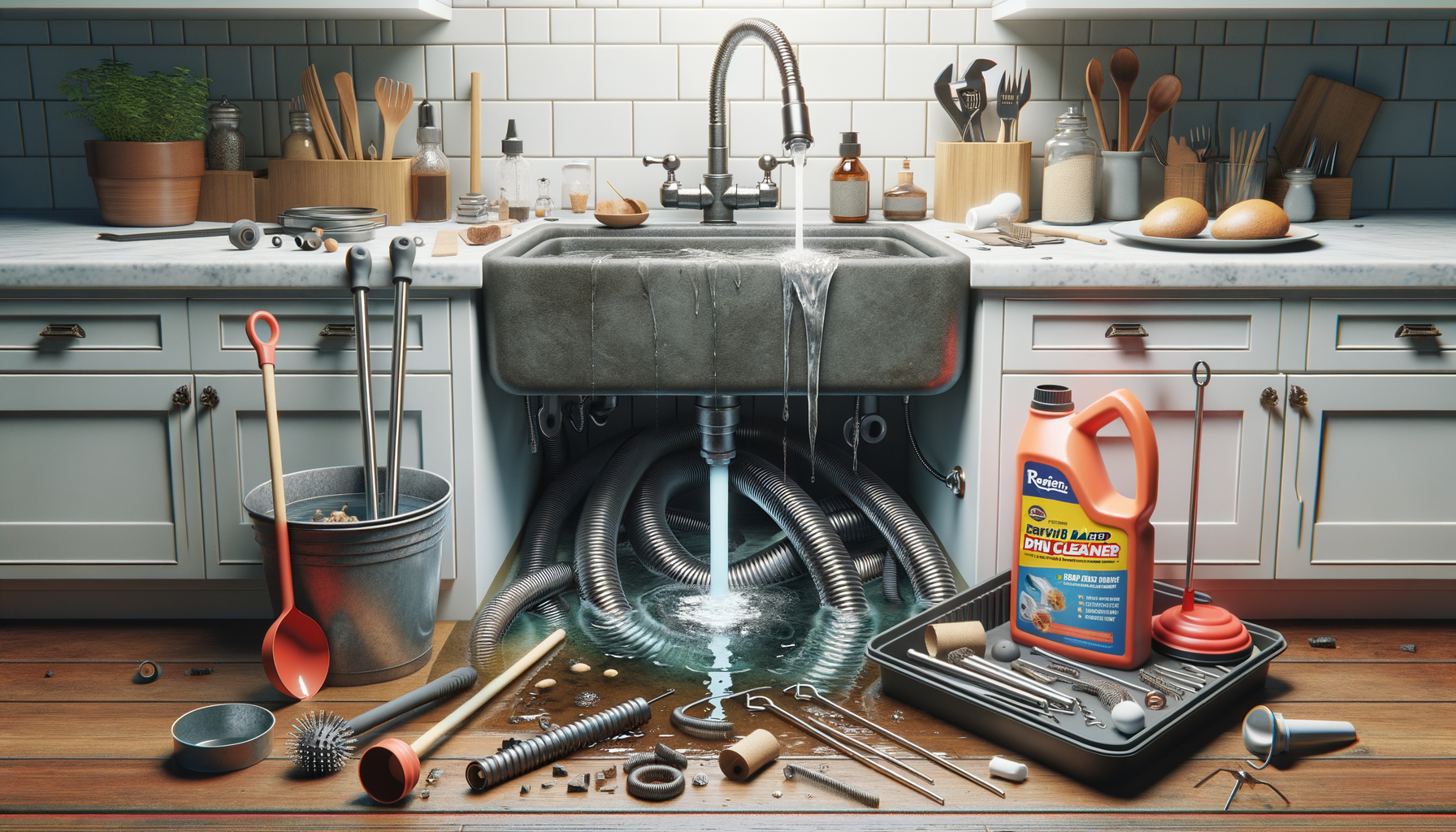
Clogged Drain? Try These 4 Tricks Before Calling a Plumber
Understanding the Causes of Drain Clogs
Drains and pipes are essential components of any plumbing system, yet they often fall victim to clogs. Understanding the root causes of these blockages is crucial in preventing them. Common culprits include hair, soap scum, food particles, and grease. Hair often accumulates in bathroom drains, while kitchens usually suffer from food and grease build-up. Soap scum can solidify in pipes, narrowing the passageway and leading to clogs. Recognizing these causes can help in adopting preventive measures, such as using drain screens and avoiding pouring grease down the sink.
DIY Solutions for Clearing Drains
Before reaching for the phone to call a plumber, consider trying some DIY methods to clear your drains. A simple yet effective solution is using a mixture of baking soda and vinegar. Pour half a cup of baking soda followed by half a cup of vinegar down the drain, and let it sit for about 30 minutes before flushing with hot water. Another method involves using a plunger to create suction and dislodge the blockage. For more stubborn clogs, a plumbing snake or auger can be used to reach deeper into the pipes and break up the obstruction.
Preventive Measures to Avoid Future Clogs
Prevention is always better than cure, and this holds true for drain clogs as well. Regular maintenance can go a long way in keeping your pipes clear. Consider implementing the following measures: install drain guards to catch hair and food particles, regularly flush your drains with hot water to dissolve grease, and avoid disposing of non-degradable items in the sink. Additionally, scheduling periodic professional inspections can help identify potential issues before they become major problems.
When to Call a Professional Plumber
While DIY methods can be effective, there are times when professional intervention is necessary. If you experience persistent clogs, slow drainage, or foul odors emanating from your drains, it may be time to call a plumber. Professionals have the tools and expertise to diagnose and resolve complex plumbing issues that DIY methods cannot. They can also provide advice on maintaining your plumbing system to prevent future problems.
Conclusion: Keeping Your Drains Flowing Smoothly
Maintaining clear and efficient drains is essential for a healthy plumbing system. By understanding the causes of clogs, trying out DIY solutions, and implementing preventive measures, you can keep your drains in top condition. However, don’t hesitate to seek professional help when needed to ensure that your plumbing system operates smoothly and efficiently. By taking these steps, you can avoid the inconvenience and expense of major plumbing issues.